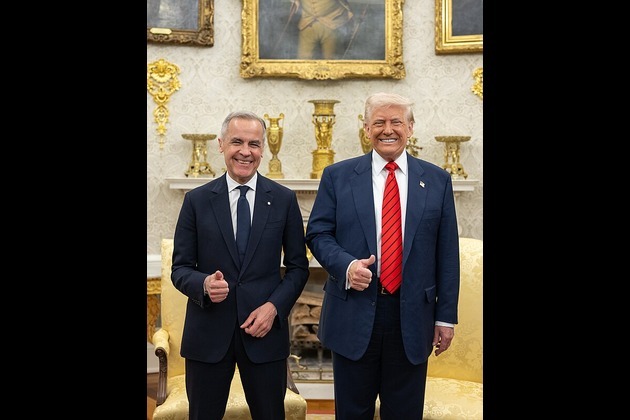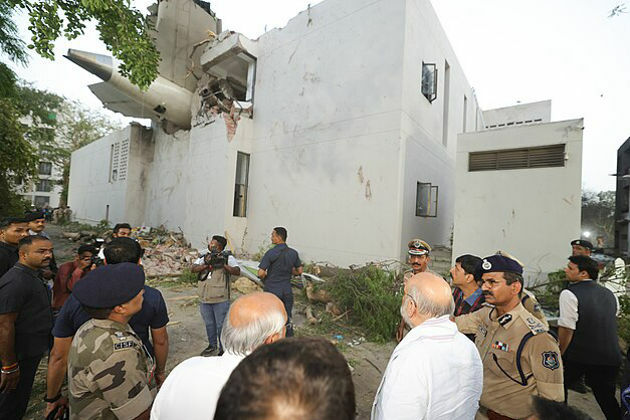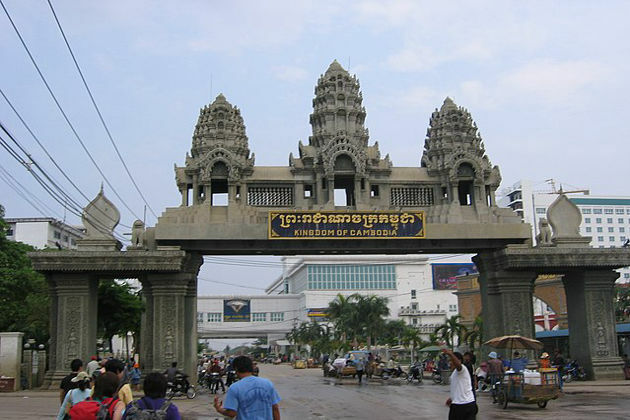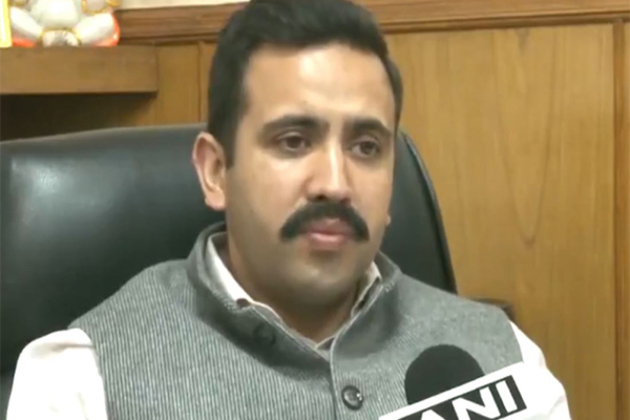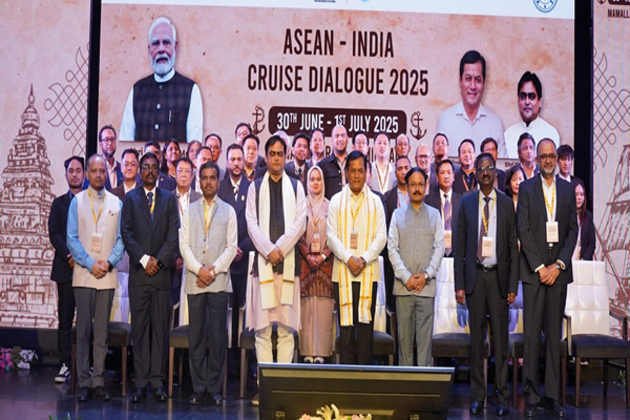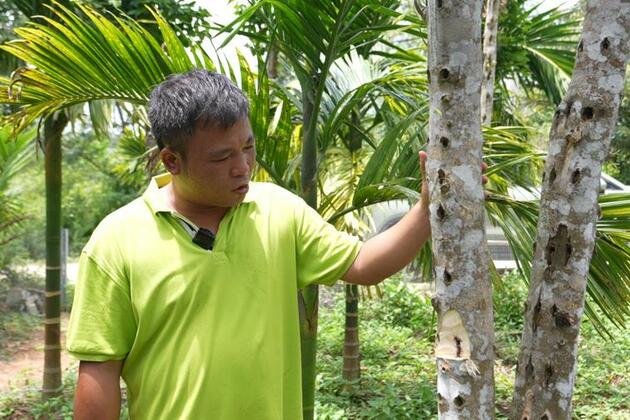Driverless cars are going to disrupt the airline industry
The Conversation
10 Jun 2019, 19:51 GMT+10
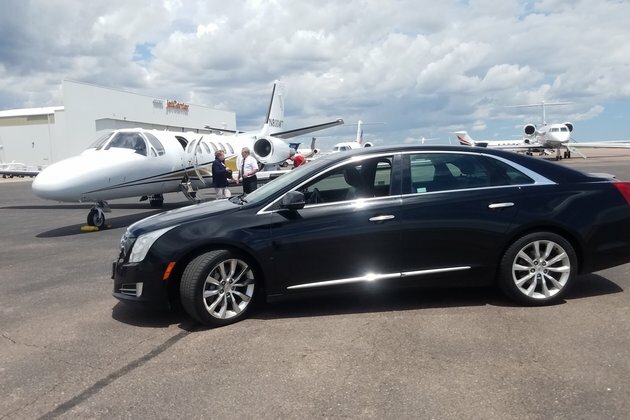
As driverless cars become more capable and more common, they will change people's travel habits not only around their own communities but across much larger distances. Our research has revealed just how much people's travel preferences could shift, and found a new potential challenge to the airline industry.
Imagine someone who lives in Atlanta and needs to travel to Washington, D.C., for business. This is about a 10-hour drive. A flight takes about two hours, assuming no delays. Add to that the drive to the airport, checking in, the security line and waiting at the gate. Upon arrival in D.C., it may take another 30 minutes to pick up any checked bags and find a rental car - and even more time to drive to the specific destination. The average person would estimate a total travel time of four to five fours. Most people would choose to fly instead of driving themselves.
However, if they could have a fully driverless car take them there, the choice changes. Passengers could eat, drink, work and sleep during the 10-hour drive. They could leave whenever they want, and pack whatever they want - including liquids and pocketknives - with no searches or scans. When they get to D.C., they wouldn't have to find a rental car and navigate to the actual place they're going.
Which would you choose? Now imagine the self-driving car has a reclining seat with actual legroom, or even a bed. It's more than a little tempting.
What do consumers say?
As experts in public opinion research, we know that the American public loves how quickly flights can cover large distances, but hates the security checks, long lines, delays, risk of losing baggage and overall hassle of the flying experience.
We also know that at the moment, most people are reluctant to ride in driverless vehicles - including school buses and even ambulances that could speed their treatment in an emergency. However, our data also shows that as people learn about the benefits of driverless cars, they become more accepting of the new technology. Over time, people will feel comfortable using autonomous cars (and ambulances), just like they adjusted to riding in the first automobiles.
A future with driverless cars means people will have more options to avoid driving on their own, beyond trains and buses.
In our study, we showed people trips of different lengths and asked them to choose whether they would rather drive themselves, take a flight or ride in a self-driving car. In general, the data indicated that people always preferred driverless vehicles over manual driving. Taking a driverless car got even more attractive if people were told that after flying, they would need a rental car in their destination city.
On short trips, with a five-hour drive, two-thirds of people would rather drive themselves. That didn't change much when they were offered a self-driving car, unless they were told they would need a car in their destination city. Then nearly three-quarters of people preferred a self-driving car to flying.
As trips got longer, people were increasingly likely to prefer flying, but self-driving cars were still a compelling option. On the longest trips we asked about, with a 45-hour drive, only about one in 10 people preferred driving themselves - but that changed to one in six when the option was to have a car drive itself.
In follow-up work, we're looking at how the costs of each transportation method might affect consumers' choices - including whether they're traveling alone or in a group with friends or family members.
How will this affect the airlines?
Losing even one in 10 customers would substantially reduce airlines' revenue. They don't make much money on each flight as it is; less income would likely cause them to shrink their service, flying fewer routes less frequently.
The problem wouldn't just be customers who chose not to fly. Some passengers might split trips between self-driving cars and airplanes, which would further reduce airlines' revenue. For instance, a person in Savannah, Georgia, who wants to go to London could choose to change planes in Atlanta - or take a self-driving car to the Atlanta airport, and skip the layover.
These changes could substantially change the aviation industry, with airlines ordering fewer airplanes from manufacturers, airports seeing fewer daily flights and lower revenue from parking lots, and even airport hotels hosting fewer guests. The future of driverless cars is appealing to consumers - which means the future of commercial flight is in danger.
[ Deep knowledge, daily. Sign up for The Conversation's newsletter. ]
Authors: Stephen Rice - Professor of Human Factors, Embry-Riddle Aeronautical University | Scott Winter - Assistant Professor of Graduate Studies, Embry-Riddle Aeronautical University 
 Share
Share
 Tweet
Tweet
 Share
Share
 Flip
Flip
 Email
Email
Watch latest videos
Subscribe and Follow
Get a daily dose of International Travel News news through our daily email, its complimentary and keeps you fully up to date with world and business news as well.
News RELEASES
Publish news of your business, community or sports group, personnel appointments, major event and more by submitting a news release to International Travel News.
More InformationBusiness
SectionWall Street extends rally, Standard and Poor's 500 hits new high
NEW YORK, New York - U.S. stock markets closed firmly in positive territory to start the week Monday, with the S&P 500 and Dow Jones...
Canadian tax on US tech giants dropped after Trump fury
WASHINGTON, D.C.: On Friday, President Donald Trump announced that he was halting trade discussions with Canada due to its decision...
Trump-backed crypto project gets $100 million boost from UAE fund
LONDON, U.K.: A little-known investment fund based in the United Arab Emirates has emerged as the most prominent public backer of U.S....
DIY weight-loss drug trend surges amid high prices, low access
SAN FRANCISCO, California: Across the U.S., a growing number of people are taking obesity treatment into their own hands — literally....
Apple allows outside payment links under EU pressure
SAN FRANCISCO, California: Under pressure from European regulators, Apple has revamped its App Store policies in the EU, introducing...
Euro, pound surge as U.S. rate cut odds grow after Powell hint
NEW YORK CITY, New York: The U.S. dollar tumbled this week, hitting its lowest levels since 2021 against the euro, British pound, and...
Travel and Tourism
SectionUN offer rejected in Dreamliner crash investigation
NEW DELHI, India: India has decided not to allow a United Nations (UN) investigator to join the investigation into the recent Air India...
Thailand-Cambodia tensions rise as border rules tighten
BANGKOK, Thailand: This week, Thailand implemented land border restrictions, including a ban on tourists traveling to Cambodia, as...
Centre approves annual road plan of Rs 3,667 crore for Himachal: Public Works Minister Vikramaditya Singh
Shimla (Himachal Pradesh) [India], July 1 (ANI): Himachal Pradesh Public Works Minister Vikramaditya Singh stated that the Central...
"India to work with ASEAN nations to develop cruise tourism hub of global south": Sarbananda Sonowal
Chennai (Tamil Nadu) [India], June 30(ANI): The Union Minister of Ports, Shipping & Waterways (MoPSW), Sarbananda Sonowal inaugurated...
Varnas Summer Boost: German Tourists lead 29% Growth in Arrivals
Varna has kicked off the 2025 summer season on a strong note, with a notable increase in tourist arrivals and overnight stays during...
Agarwood industry blossoms in China's Hainan
HAIKOU, June 30 (Xinhua) -- In the processing workshop of Hainan Changshu Seedling Development Co., Ltd. in Chengmai County, south...


